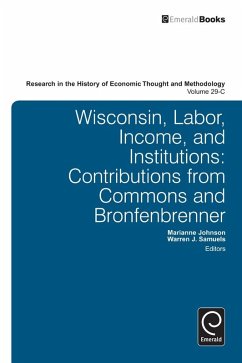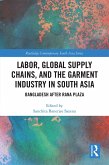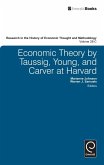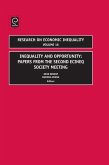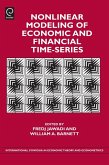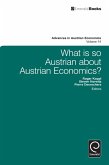This volume publishes notes from Martin Bronfenbrenner's course in the Distribution of Income as taken by Warren J. Samuels at the University of Wisconsin in 1954. Bronfenbrenner, who received his PhD from the University of Chicago in 1939, was an unusually prolific author with wide ranging interests. 'The New Palgrave' entry on Bronfenbrenner notes that he was probably unique in holding simultaneous membership in both the Mt Pelerin Society and the Union of Radical Political Economists. Bronfenbrenner's work on income distribution is particularly important as it modified neoclassical theory to be able to address questions raised by both classical and neo-Marxian analysis. He described his own work as being 'summed up in the proposition that the distribution of income and wealth is an important factor in judging an economic system on welfare grounds, but that such emotive terms as 'maldistribution', 'exploitation', and 'poverty' are all subjective.' This volume thus provides an important archival source for economists working in mid-20th century history of economic thought as well as those interested in the evolution of neoclassical theory and the nexus between economics and Cold War politics.
Dieser Download kann aus rechtlichen Gründen nur mit Rechnungsadresse in A, B, BG, CY, CZ, D, DK, EW, E, FIN, F, GR, HR, H, IRL, I, LT, L, LR, M, NL, PL, P, R, S, SLO, SK ausgeliefert werden.

